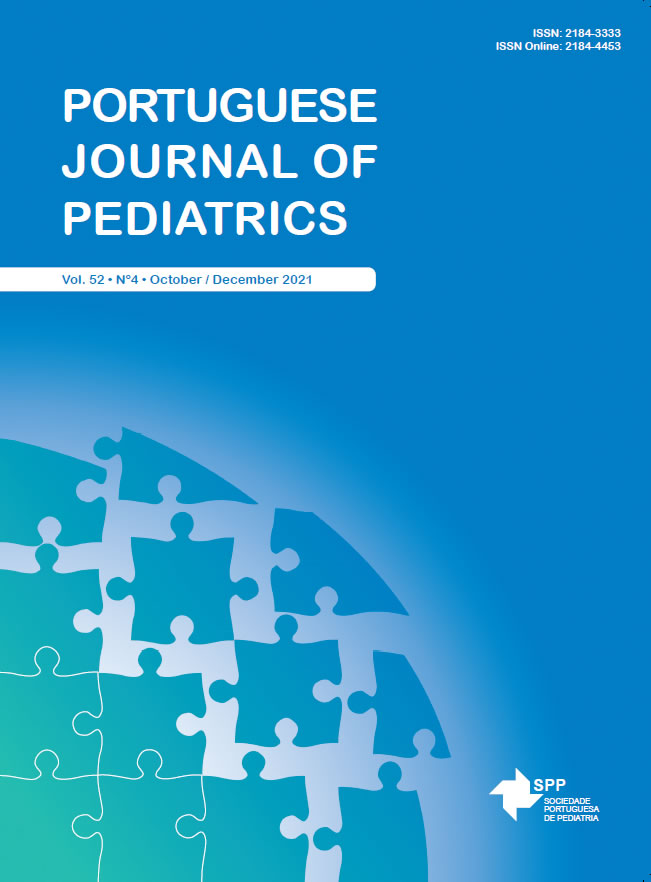Causes of Later Discharge in Newborns: A Cost-Benefit Analysis
Date of submission: 30-10-2020 | Date of acceptance: 08-03-2021 | Published: 03-10-2021
DOI:
https://doi.org/10.25754/pjp.2021.21320Abstract
Introduction: Early postnatal discharge promotes family bonding and reduces hospitalization care and costs. In healthy newborns, later discharge is caused by hyperbilirubinemia, weight loss or feeding difficulties. In other cases, this later discharge could be avoided.
Aim: This study was conducted to assess later discharge causes’ and cost-effectiveness in healthy newborns hospitalized in a tertiary neonatal care service.
Methods: Retrospective study (January – September 2019). Study group: healthy newborns transferred with their mothers to the postnatal ward of a maternity. All neonates discharged later than three days were included. Newborns admitted to neonatal intensive care unit were excluded.
Results: 446 newborns, 55.2% male gender, median gestational age 39 weeks (34 – 41 weeks), median birth weight 3128 grams (1950 – 4475 grams). Median length of stay was four days (4 – 16 days). Main causes of later discharge: weight loss n = 183 (38.2%) and hyperbilirubinemia n = 130 (27.1%). Those both causes were cumulative responsible for 65.3% of the later discharge causes.
A statistically significant correlation was observed between hypoglycemia and low birth weight (p = 0.026), maternal disease and pre-eclampsia (p = 0.005), social problem and maternal age younger than 23 years (p = 0.000).
Later discharge represented a total cumulative of 709 days and 138 964€ of estimated cost.
Conclusions: It is imperative to optimize discharge criteria to avoid unnecessary later discharge in healthy neonates. Early post-discharge evaluation at home, provided by primary care services, could help in the improvement of discharge decision.
Downloads
Downloads
Published
Issue
Section
License

This work is licensed under a Creative Commons Attribution-NonCommercial-NoDerivatives 4.0 International License.









